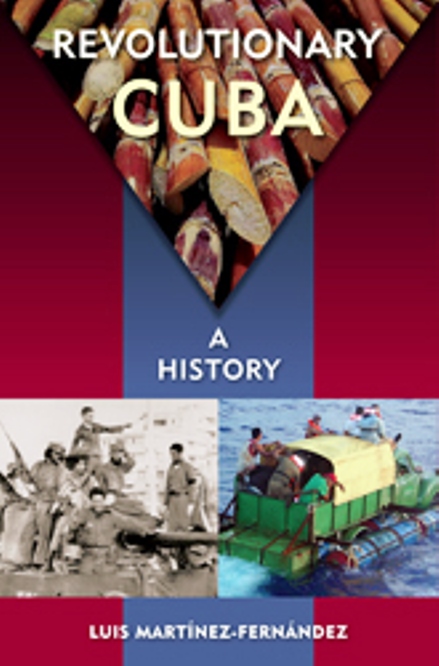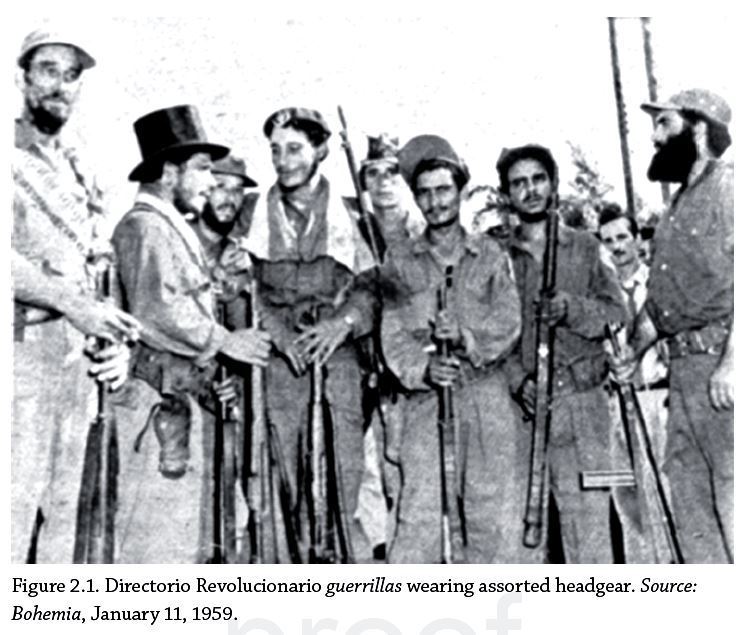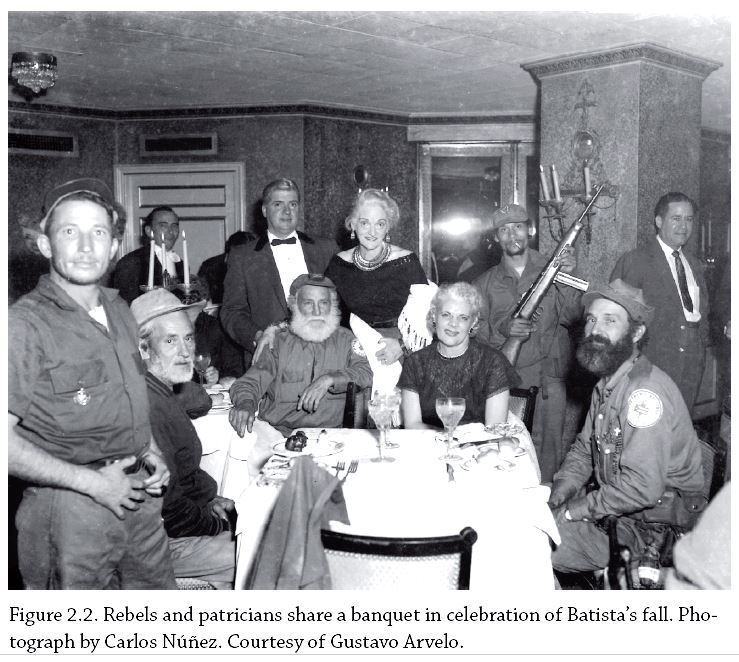ASCE: Cuba in Transition: Volume 25
Papers and Proceedings of the Twenty-Fifth Annual Meeting, July 30-August 1, 2015
All papers are hyperlinked to the ASCE Website and can be seen in PDF format.
Reflections on the State of the Cuban Economy Carlos Seiglie
¿Es la Economía o es la Política?: La Ilusoria Inversión de K. Marx Alexis Jardines
Los Grandes Retos del Deshielo Emilio Morales
Preparing for a Full Restoration of Economic Relations between Cuba and the United States Ernesto Hernández-Catá
Economic Consequences of Cuba-U.S. Reconciliation Luis R. Luis
El Sector Privado y el Turismo en Cuba Ante un Escenario de Relaciones con Estados Unidos José Luis Perelló Cabrera
The Logical Fallacy of the New U.S.-Cuba Policy and its Security Implications José Azel
Why Cuba is a State Sponsor of Terror Joseph M. Humire
The National Security Implications of the President’s New Cuba Policy Ana Quintana
Factores Atípicos de las Relaciones Internacionales Económicas de Cuba: El Rol de los Servicios Cubanos de Inteligencia Enrique García
Entrepreneurship in Post-Socialist Economies: Lessons for Cuba Mario A. González-Corzo
When Reforms Are Not: Recent Policy Development in Cuba and the Implications for the Future Enrique S. Pumar
Revisiting the Seven Threads in the Labyrinth of the Cuban Revolution Luis Martínez-Fernández
La Economía Política del Embargo o Bloqueo Interno Jorge A. Sanguinetty
Establishing Ground Rules for Political Risk Claims about Cuba José Gabilondo
Resolving U.S. Expropriation Claims Against Cuba: A Very Modest Proposal Matías F. Travieso-Díaz
U.S.-Cuba BIT: A Guarantee in Reestablishing Trade Relations Rolando Anillo, Esq.
Lessons from Cuba’s Party-Military Relations and a Tale of “Two Fronts Line” in North Korea Jung-chul Lee
Hybrid Economy in Cuba and North Korea: Key to the Longevity of Two Regimes and Difference Young-Ja Park
Historical Progress Of U.S.-Cuba Relationship: Implication for U.S.-North Korea Case Wootae Lee
Estimating Disguised Unemployment in Cuba Ernesto Hernández-Catá
Reliable Partners, Not Carpetbaggers Domingo Amuchástegui
Foreign Investment in Cuba’s “Updating” of Its Economic Model Jorge F. Pérez-López
Global Corporate Social Responsibility (GCSR) Standards With Cuban Characteristics: What Normalization Means for Transnational Enterprise Activity in Cuba Larry Catá Backer
Bienal de la Habana, 1984: Art Curators as State Researchers Paloma Checa-Gismero
Luchas y Éxitos de las Diásporas Cubana Lisa Clarke
A Framework for Assessing the Impact of U.S. Restrictions on Telecommunication Exports to Cuba Larry Press
Measures to Deal with an Aging Population: International Experiences and Lessons for Cuba Sergio Díaz-Briquets

 Preface
Preface



